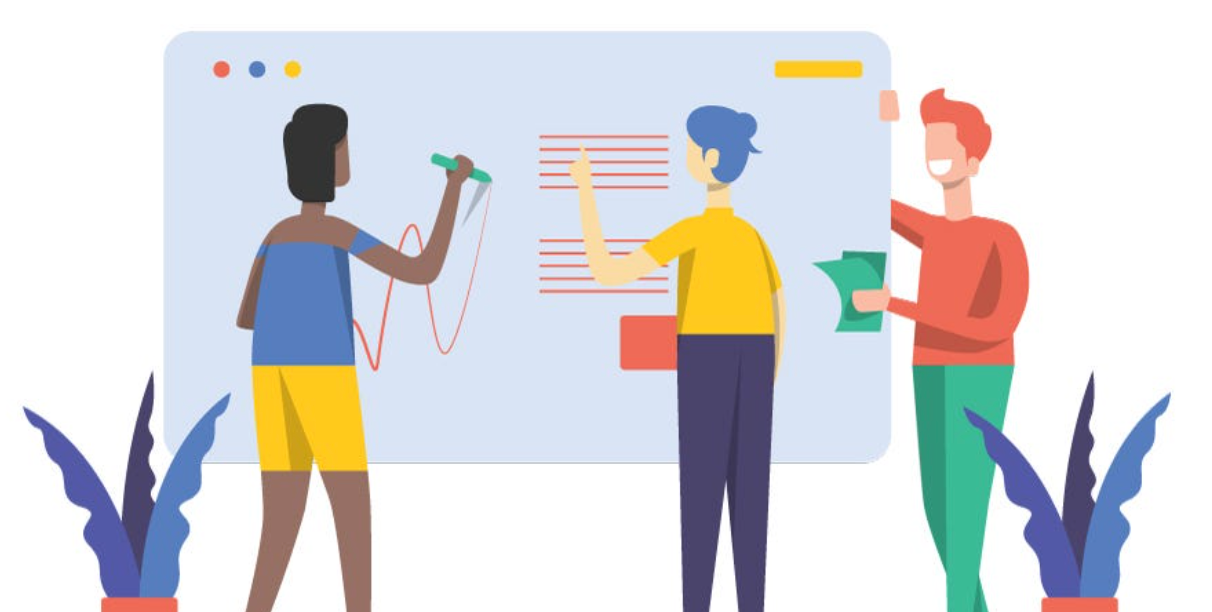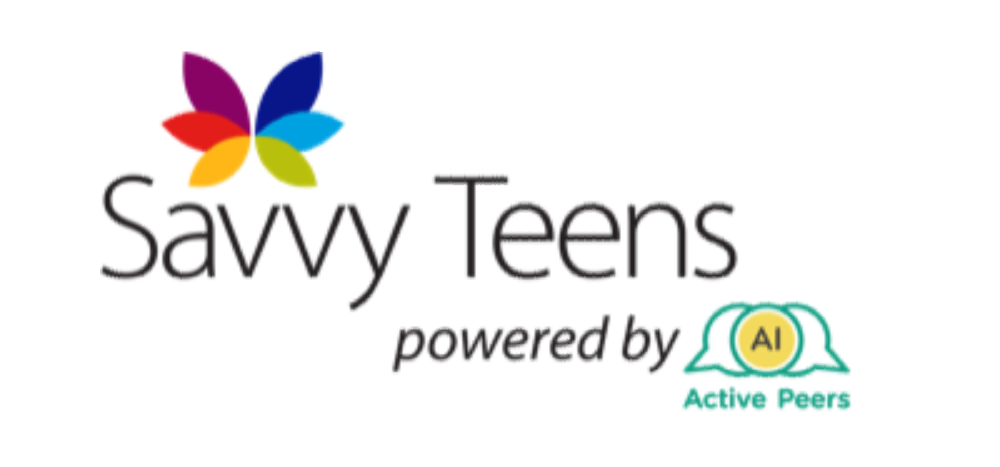The Benefits of being the listener in a peer-to-peer learning conversation
“Most of the successful people I’ve known are the
ones who do more listening than talking.” Bernard Baruch

Peer learning is not a new thing in academia; often used in vocational training and professional settings. Business people regularly use team discussion activities, and educators often facilitate student group work to share knowledge among their students. With efforts to ensure the discussion topic is highly relevant and in a heated discussion, learners can collaboratively learn and co-construct new knowledge without a dedicated mentor (Schaefer, Fabian and Kopp, 2019). During the peer learning process, participants have two positions, sharer and listener, to ensure mutually beneficial outcomes. Sharers learn through explaining their ideas to others; listeners participate in activities that allow them to learn from their peers. Due to the COVID-19 pandemic, many people had to adapt to a hybrid experience, spending their office hours working at the office and remotely. The Active Peers AI team spotted an opportunity to help people navigate this environment more structured way to learn from each other more effectively. Combined with secondary academic research and our participants’ feedback from a recent session in Hong Kong, I present four advantages of being the listener in a virtual peer learning meeting.
Real-Time Knowledge sharing
Among the conversations on remote working, many people describe online learning as a less effective means of education than on-site. Due to conflicting time zones, overpopulated Zoom calls and unstable internet connections, it can be difficult for people to share their thoughts, ideas and opinions in their virtual working environment. Peer learning offers participants a platform to ask others what they want to know; the Active Peers AI matching system can help them find the most suitable sharer. As one of our recent participants noted, “It was insightful to see how my partner would handle situations, compared to me.”
People’s different perspectives make the workplace enjoyable and diverse. Through our peer learning experience, participants understand topics more deeply, overcome problems and build new skills to further their professional development. Indeed, knowledge sharing helps employees develop tacit knowledge as they grow in their respective roles and industries. Whether a colleague is moving to another position, the company is hiring new employees or upskilling their existing staff; peer learning can facilitate the conversation and deliver educational needs.
Learn effectively
In the feedback for our recent virtual event in Hong Kong, participants mentioned that they would often seek their peers’ opinions on issues they encountered in their studies or work. This desire to work collaboratively is the basis of good workplace relationships. Our participants commented, “It was nice to discuss things like this with people you don’t know very well because it is a new perspective.” Through the Active Peers AI matching system, participants connect according to the knowledge class they would like to gain more insight. Sharers and learners with similar interests and job positions link using the system to achieve a goal of being more knowledgeable by the end of their conversation.
Consequently, learners receive more accurate and tailor-made opinions from the sharers with related experience than in other online training sessions. Moreover, well-trained, competent staff won’t always need expert or management approval to find the available solution. Peer learning encourages workers to take ownership of their expertise, discover new knowledge and ultimately self-lead their career development. This environment creates more independent workers, allowing them to direct their development autonomously. It may also lead to innovative solutions by encouraging collaboration and communication among team members. Therefore, senior and junior peers receive relevant suggestions and improve their ability to thrive in their roles and tasks.
Encourage community building
Peer learning promotes the value of community building. Daily, people may not have time to chat with our colleagues, or introverted people may be energised more by one-to-one discussions rather than more extensive group conversations. This peer-to-peer approach involves direct interaction with others, helping them solve problems and build stronger co-working relationships. One of the Hong Kong groups commented, “It was an open discussion, and everyone’s opinion was validated and listened to.” Through listening to others, participants have a more in-depth understanding of their perspective, making it easier to broach tricky topics in the future. The meeting match also helps participants optimise the diversity in the group. As evidence of this, one participant expressed they enjoyed the conversation and gained great insight into various ways of working within a team. The peer learning process enables people to develop the skills to build healthy professional connections and create a thriving virtual and on-site working environment.
Accelerates onboarding employees’ adaptability
Taking on a new position, changing companies, and switching up your industry is an exciting and challenging time for employees when they often feel overwhelmed. For individuals who undertook a change in their professional lives during the COVID-19 pandemic, they faced the unprecedented challenge of navigating this experience in a digital landscape. The practicality of being a short walk away from someone who can help you set up your new work email or answer a question is made more tricky by the hybrid experience.
Peer learning enables new employees to integrate into the team and find their feet in unknown territory. During one-on-one peer meetings, listeners seek clarity concerning roles and tasks. In addition, the sessions allow newcomers to present all of their questions to a co-worker in an unintimidating setting. Peer learning helps new hires feel comfortable asking questions during the onboarding process. It also lets them know who they can turn to as they learn the ropes in a new workplace!
Participants who play the role of the listener during the peer learning process can help them gain more relevant knowledge, learn more effectively, encourage community building and accelerate adaptability as onboarding employees.
References:
Schaefer, T., Fabian, C. and Kopp, T., 2019. The dynamics of online learning at the workplace: Peer‐facilitated social learning and the application in practice. British Journal of Educational Technology, 51(4), pp.1406-1419.
DI Pepe, F., 2022. Peer Learning - The Future of Online Education. [online] Teachfloor Blog. Available at: <https://blog.teachfloor.com/peer-learning-the-future-of-online-education/#Peer_learning_improves_knowledge_retention> [Accessed 22 January 2022].
Reeves, M., 2022. Peer Learning: 6 Benefits To Collaboration in the Workplace | Together Mentoring Software. [online] Togetherplatform.com. Available at: <https://www.togetherplatform.com/blog/peer-learning-benefits> [Accessed 22 January 2022].
Millian, V., 2022. peer to peer learning in the workplace. [online] Spark. Available at: <https://www.adp.com/spark/articles/2019/03/peer-to-peer-learning-can-help-employees-find-value.aspx> [Accessed 22 January 2022].
[SH1]












